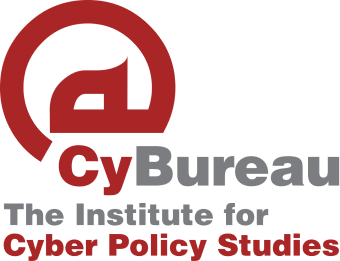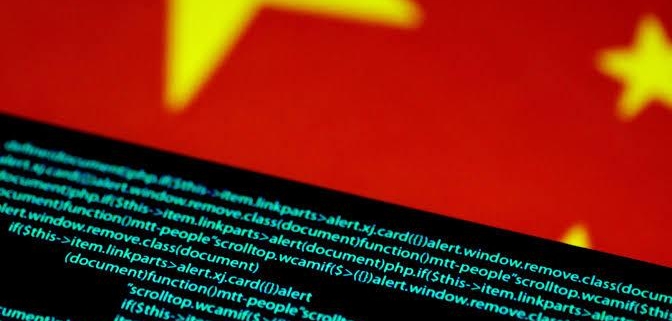China makes first move to regulate algorithms
The Chinese cyberspace administration, the CAC, announced a move to regulate social media. On 27th August, the CAC released a draft proposal titled “Internet Information Service Algorithmic Recommendation Management Provisions“, which seems to be the world’s first attempt to regulate online algorithms and recommendation systems. Technology is a huge part of modern life, and entire states’ economies are mediated through technologies today. This reform proposal is the latest in a string of reforms that China is enacting. These reforms include labour reforms and anti-trust reform proposals. If one observes the pattern emerging from all these reforms, it is evident that China wants to pivot away from its image as a wealth-creating nation to a state which puts equitable wealth distribution at its forefront. The reforms, which it would say are in the mould of President Xi’s flavour of communism, are comparable to reforms passed by other liberal democracies like the US and the European Union.
China wants to take the lead in the norm-setting agenda of the 21st Century, and its first step is to regulate online and social media behaviour by targeting big organizations. These regulations target private social media accounts on the nation’s social media and short video platforms, as well as those spreading misinformation and rumours about financial and economic matters. According to the rules, platforms that give space to “black mouth (黑嘴)” will be reprimanded and might even face closure. The major Chinese social media platforms, Sina Weibo, WeChat, Douyin and Kuaishou, have issued statements to comply with the new regulations and remove problematic accounts. These new regulations have been brought in to tackle:
- Spreading distorted interpretations of China’s financial policy;
- Smearing the economic situation;
- The hype of negative information and speculation;
- Inciting panic and ill-intentioned interference
This regulation is also the latest outcome of President Xi’s “Clear and Bright (清朗)” government action plan. The plan, which is focused on Chinese cyberspace, aims to achieve the following:
- Rectifying online historical nihilism;
- Combating algorithmic business abuse;
- Cracking down on online trolls;
- Traffic fraud and public relations abuses;
- Correcting the network environment for minors;
- Rectifying the prominent problems of push and pop-up messages;
- Standardizing the operation of website accounts;
- Rectifying the chaos of online entertainment and search engine ranking.
China’s regulating behaviour is presented in a way that will protect the citizens of the country from harmful content and misinformation. The CAC has taken it upon itself at the behest of the Chinese government to mitigate unhealthy online behaviour. While these reforms in various forms are packaged as essential to national security, it further centralizes the control of the internet with the CCP. The regulation of algorithms is another big step that would worry liberal democracies.

